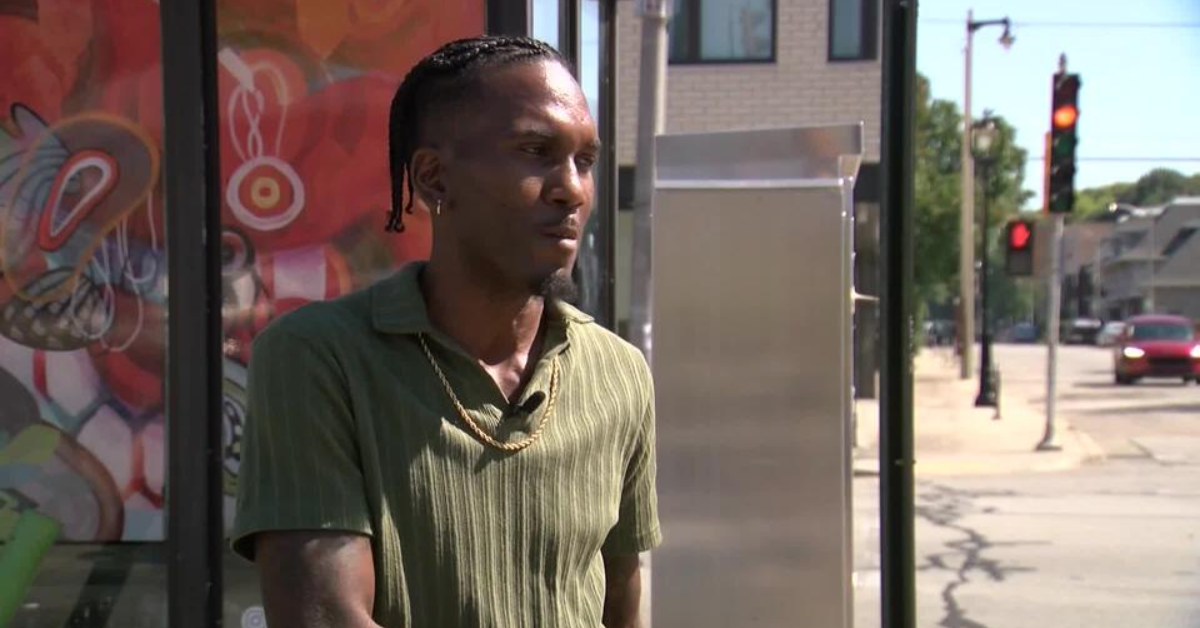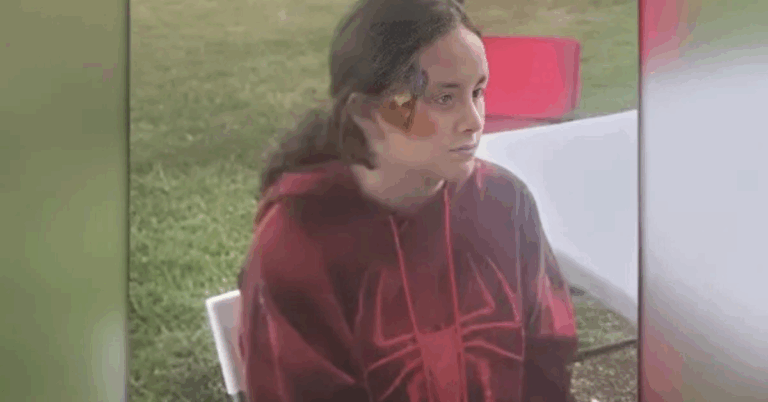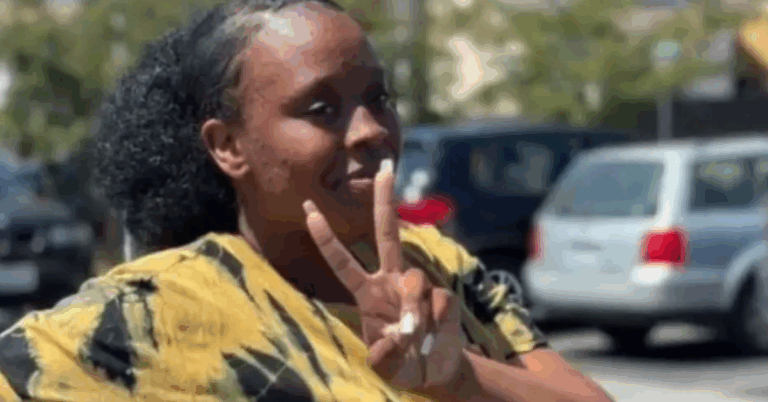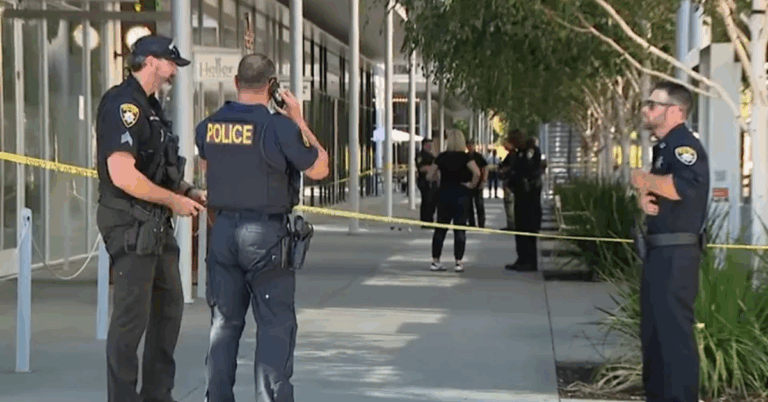
A father in Milwaukee has raised serious concerns after accusing a bus driver of discriminating against his disabled son. According to the father, the driver treated his son differently, asking him to “act like it’s a problem” because of his disability. This incident has sparked outrage and discussions about how disabled people are treated in public transportation systems.
The event highlights the challenges people with disabilities still face while accessing everyday services. It also raises important questions about respect, inclusion, and the need for better training among public service employees. Such incidents remind us why society must work harder to support people with disabilities.
What Happened on the Bus?
The father shared that his son uses a wheelchair and was traveling on a city bus when the driver made insensitive remarks. The driver reportedly told the son to “act like it’s a problem,” implying that the son’s disability was an inconvenience. This kind of behavior is disheartening and hurtful, especially for families who rely on public transportation for daily mobility.
According to the reporting by USA Today, the father expressed how such treatment made him feel angry and frustrated, explaining that people with disabilities deserve respect and understanding, not judgment.
Why This Incident Is Serious
Discrimination against people with disabilities is not only unfair—it is also illegal. The Americans with Disabilities Act (ADA) protects the rights of people with physical and mental disabilities to access public services without facing discrimination. When public employees like bus drivers act in a discriminatory way, it undermines the law and damages trust between the community and service providers.
The ADA website explains that all public transit providers must accommodate passengers with disabilities and treat them with dignity. Incidents like the one in Milwaukee show that there is still work to do in educating staff and ensuring they understand their legal responsibilities.
The Father’s Call for Change
In response to the incident, the father has publicly demanded action against the bus driver and better training for transit employees. He believes that awareness programs should be introduced to help staff learn how to interact respectfully with disabled passengers. His goal is to prevent similar events from happening to other families.
The father’s courage in speaking out has drawn attention from disability advocates and local officials. According to NPR, community groups are calling for a review of training procedures and stronger penalties for discrimination within public transit.
How Can Public Transportation Be More Inclusive?
To reduce discrimination, public transportation agencies need to improve training that focuses on disability awareness and sensitivity. This includes teaching drivers to be patient, understanding, and accommodating. It also means actively listening to complaints from passengers and acting quickly to resolve problems.
Furthermore, cities should invest in upgrading bus designs to be more accessible, ensuring ramps and lifts work properly and that buses provide enough space for wheelchairs. Public awareness campaigns can also educate the general public about disability rights and encourage empathy.
What You Can Do If You See Discrimination
If you witness or experience discrimination like this on public transit, it is important to speak up. You can report the incident to the transit authority or local disability rights organizations. Keeping a clear record of what happened, including dates, times, and names, can help when filing complaints.
Remember, everyone deserves to be treated with respect regardless of their abilities. Standing against discrimination supports a more inclusive and fair society for all.
Conclusion
The Milwaukee father’s story is a powerful reminder that discrimination against disabled people still exists and affects everyday lives. Public transportation should be a safe, welcoming space where everyone is treated equally. It is crucial that transit agencies, employees, and communities work together to end such unfair treatment and create an environment that respects and values every passenger.
The ongoing conversations about this incident provide hope that change is possible and that the voices of people with disabilities and their families will be heard and respected.









